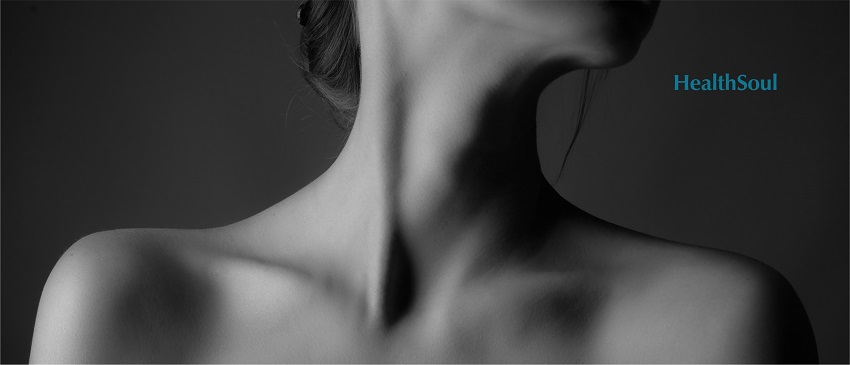An In-Depth Look at Thyroid Problems in Females

Problems with the thyroid can occur at any age. However, issues tend to occur in middle-aged individuals and women are thought to be up to ten times more likely to experience problems when compared to men. Thyroid problems can generally be broken down into two primary categories:
- Hypothyroidism
- Hyperthyroidism
Hypothyroidism (otherwise known as “low thyroid”) occurs when the thyroid gland is unable to produce a pair of hormones which are necessary for the body to maintain an internal sense of equilibrium. Conversely, hyperthyroidism is classified as an illness associated with the production of more hormones than the body actually requires. It is clear that each of these situations can cause long-term issues if not treated. This is why it is important for females to recognise their associated symptoms sooner as opposed to later. Let us therefore take a look at both scenarios in greater detail.
What are the Symptoms Associated with Hypothyroidism?
One of the issues associated with hypothyroidism is that the symptoms can develop slowly over the years. In other words, they can be quite difficult to spot. There are also times when they could correlate with entirely different illnesses. This is why it is important to seek the advice of a medical professional. However, two of the most common indications of hypothyroidism are fatigue and weight gain. If the disease is allowed to progress to later stages, you might begin to experience other indications including (but not necessarily limited to):
- A heightened sensitivity to cold temperatures.
- Muscular weakness.
- Pain in the joints (even if arthritis is not present).
- Feelings of mental fatigue, sadness or depression.
- Noticeably pale skin.
- Menstrual bleeding that is more than normal (one metric used to diagnose hypothyroidism in females).
While all of these symptoms are rather physical in nature, it needs to be pointed out that changes within the blood may also occur. There are many times when women who are diagnosed with hypothyroidism will exhibit higher levels of LDL (a type of “bad” cholesterol). Of course, consulting with a professional will help to rule out extraneous causes.
A Look at the Signals Attributed to Hyperthyroidism
Now that we have seen a handful of the most common symptoms attributed to hypothyroidism in females, it only stands to reason to examine what could signal that you are suffering from an overactive thyroid gland (hyperthyroidism). Many of the hints highlighted below are essentially the direct opposites of those outlined within the previous section. Some prominent indications include:
- Irritability or anxiety throughout the day.
- Difficulty sleeping.
- Trembling in the hands and fingers.
- Sensations of hot flashes for no apparent reasons.
- Extremely light (or fewer) menstrual periods.
- Eye issues such as bulging, irritation or redness.
- A rapid or irregular heart rhythm.
While these are all causes for a heightened sense of concern, it needs to be mentioned that the most predominant symptom is unexplained weight loss. This is particularly the case if you are eating more food than normal. This symptom occurs in most (but not all) females.
It is likewise important to mention that hyperthyroidism increases the possibility of developing osteoporosis (brittle bones) as you age. Therefore, obtaining an accurate diagnosis is always prudent.
When Might Women Begin to Experience Thyroid Problems?
This is a rather tricky question to answer, as thyroid issues can occur at any age. However, studies conducted by the Johns Hopkins Medical Center indicate that the majority of problems tend to occur after the age of 40. This is why they are often mistaken for signs of early menopause. Regardless of your age, it is important to be examined by a professional if you suspect that an issue may be present.
What Treatment Options are Available?
The good news is that both hypothyroidism and hyperthyroidism are understood by medical professionals. This is why some individuals may need to take specific medications that are intended to counteract the effects. For example, it is possible to buy Cytomel T3 online. However, there are additional options which can often provide substantial relief from the symptoms mentioned above.

These will often involve specific dietary modifications based upon your thyroid illness. Certain foods may need to be avoided while it is likely that others should be eaten in greater quantities in order to reestablish a hormonal balance throughout your body. While there are plenty of online articles dedicated to thyroid-related nutrition, it is best to consult with a specialist in order to address your unique requirements.
While there is currently no cure for conditions associated with the thyroid, you have a number of effective options at your disposal. This is why seeking help sooner as opposed to later is always a wise choice.

